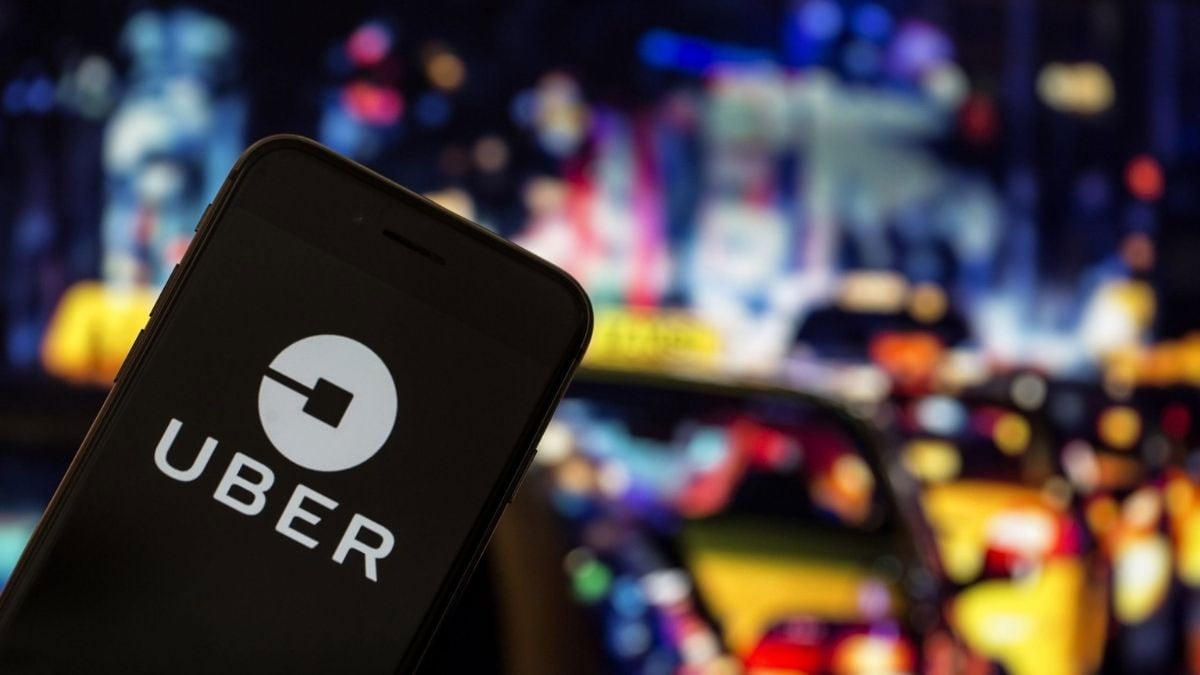
According to a story in the Belgian newspaper Derniere Heure, Uber is purportedly raising charges for consumers who have low phone batteries. According to the outlet’s study, the ride-hailing app adjusted its pricing for consumers in Brussels based on their battery percentage.
Some consumers claim to have seen different pricing for identical travel, according to the research. It’s worth noting that Uber has disputed any link between battery levels and pricing.
Derniere Heure examined by hailing a cab from their Brussels office to Tour & Taxis in the city center with two iPhones, one with an 84% battery and the other with a 12% battery. The results revealed a significant price difference, with the smartphone with a 12% battery costing 17.56 euros (Rs 1,585) and the phone with an 84% capacity costing 16.6 euros (Rs 1498) for the same journey.
Uber denies using phone battery level to determine pricing
However, Uber denies that the payment is based on the amount of battery life left in a phone. It further stated that the app is incapable of measuring a user’s battery life. “Uber does not take into account the phone’s battery level to calculate the price of a trip,” the company said in a statement to Derniere Heure.
They continued, “The dynamic pricing applied to trips booked via Uber is determined by the existing demand for rides and the supply of drivers who can respond to it.”
According to Vice, Uber has been chastised for exploiting consumers’ battery life. Keith Chen, Uber’s former Head of Economic Research, indicated in a 2016 interview with NPR that the company determined that consumers with lower battery levels were more open to surge pricing. Mr. Chen, on the other hand, claimed that the company was explicitly raising prices for these users, while other “commentators voiced skepticism about why the company was monitoring battery life at all”.
